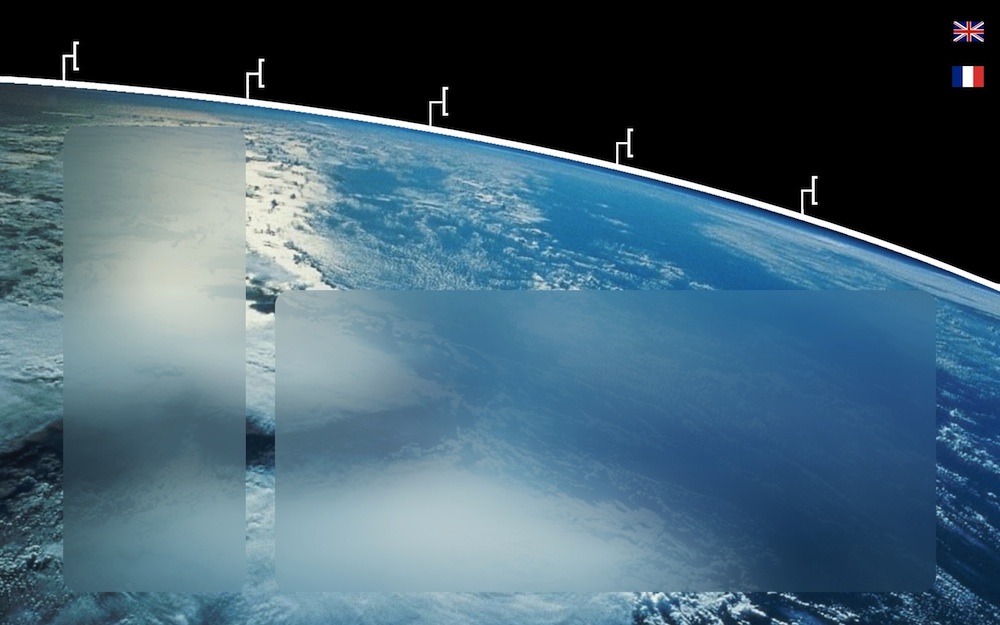
The search for planetary systems orbiting other stars - the exoplanets - and particularly the quest to find planets similar to the Earth is one of the great scientific, technological, and philosophical undertakings of our time. Considered yesterday by most as a wild dream, the search for and study of Earth-like planets outside the solar system is becoming reality.
Until recently, the solar system has provided the only basis for our knowledge of planets and life in the universe. This has changed with the discovery in 1995 of the first giant planet outside the solar system. This discovery has spawned a real revolution in astronomy both in terms of new instrumentation and understanding of planet formation and evolution
Today spectroscopic and transit exoplanets surveys are revealing a large population of multiple systems composed of Neptune and super-Earth mass planets. These results, combined with the upper mass constraints on planet mass obtained from astrometry and the measurements of the angle of the planetary orbits measured from on-transit spectroscopic, leads us to revisit our views on planet formation and their composition. A new paradigm about the formation, structure and composition of planets is emerging, wider than what we have learned so far from our Solar System.